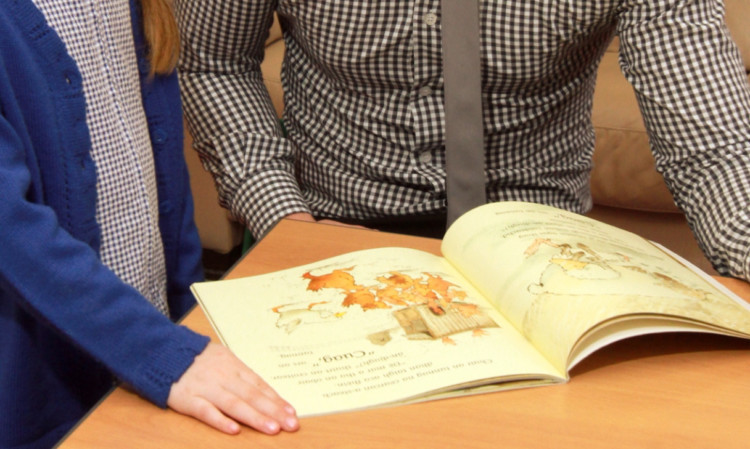More places will be created in schools where lessons are taught in Gaelic, thanks to a £4 million funding boost.
Languages Minister Alasdair Allan said the cash would help encourage a “new generation” of Gaelic speakers, which he said was “so important” for the future of the language.
The Scottish Government’s budget plans include an additional £2 million a year for the next two years for the Gaelic Schools Capital Fund, with the cash being made available to councils to expand Gaelic medium education in their area.
Mr Allan said: “Attracting children to Gaelic is imperative to maintaining the language as a vital part of our culture. We have made it our goal to increase speaker numbers and preserve Gaelic as a vibrant part of our culture.”
Figures from the 2011 census showing how many people in Scotland speak Gaelic are due to be published later this week, with the minister saying the overall number had been “in decline for some time, reflecting the fact that traditional Gaelic speakers have tended to be in older age groups”.
He added: “That is why encouraging a new generation of Gaelic speakers is so important to the future of the language.
“Recent research by Edinburgh University showed that the vast majority of English-speaking Scots believe Gaelic is important to our sense of identity, our heritage and our contemporary culture and support Gaelic education.
“This is an important time for Gaelic and we must translate this enthusiasm and support for Gaelic into learning opportunities for young and old to create new generations of speakers.”
